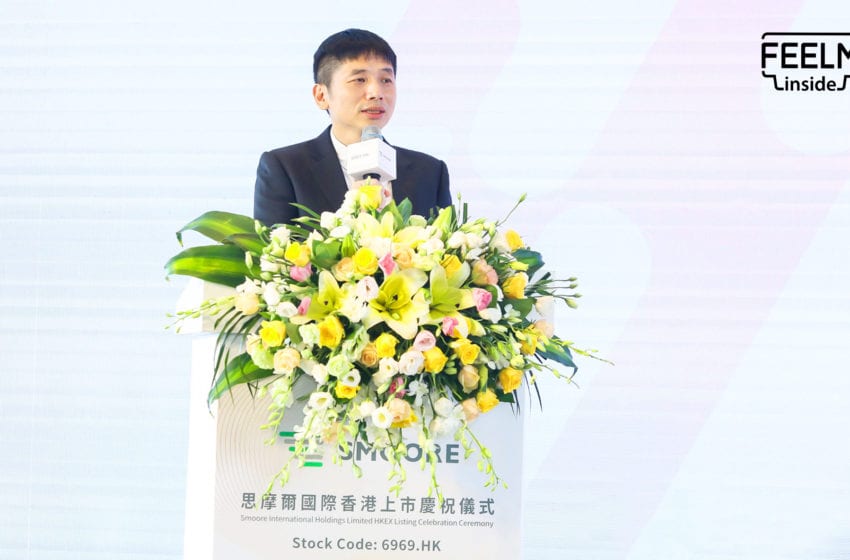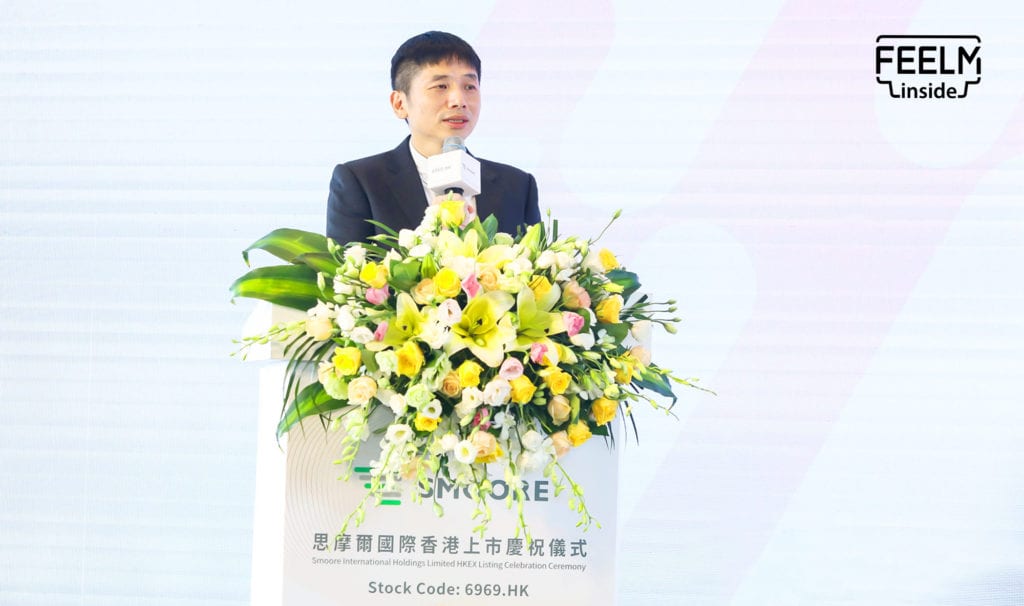Smoore Posts 40 Percent Jump in Profits Over 2019
- Financial News This Week
- August 26, 2020
- 5 minutes read

Smoore’s Chairman and CEO Chen Zhiping

Smoore International is defying numerous challenges. The world’s most-valuable vapor company has overcome a pandemic, a trade war and tightening regulations to report a huge increase in profit.
Smoore International Holdings, based in Shenzhen, China, posted a 40 percent year-on-year jump in underlying net profit on Monday for the first half of 2020, to 1.3 billion yuan, according to the South China Morning Post. Revenue rose 18.5 percent to 3.88 billion yuan. Last year Smoore posted a 16.5 percent share of the $763 billion global vaping devices market, up from 10 percent in 2018, according to Smoore’s chief financial officer Wang Guisheng
“In the year’s first quarter, our sales dropped 8.8 per cent year-on-year, as the pandemic curtailed our production capacity for a month,” said Wang Guisheng on Tuesday. “We quickly resumed normal operation, with second-quarter revenue doubling from the first-quarter, and rising 38.9 per cent year-on-year.”
While only half its production capacity was used in the first six months, the company is undergoing phase one expansion that it says will double it next year. Phase two expansion will boost production by a further two thirds by 2023. Smoore just recently joined the Stock Exchange of Hong Kong.
“The expansion will further drive down our unit production cost through automation,” said chairman Chen Zhiping, according to the release.
Smoore recently had a premarket tobacco product application (PMTA) accepted by the U.S. Food and Drug Administration (FDA) for its flagship brand, Vaporesso. The regulatory agency requires all manufacturers and distributors to submit PMTA data by September 9.
The US made up around half of Smoore’s sales, while 18.6 percent came from mainland China and 12.5 percent came from each of Japan and Europe. Chen said the company had made a filing to the FDA for one of its self-branded products, and has been assisting with its US customers’ filings.
Since 2018, its US customers have had to pay a 25 percent additional import tariff as part of the fallout from the trade spat between Washington and Beijing. The firm said the tariff has not stopped US demand from growing since its products are “technologically superior”.